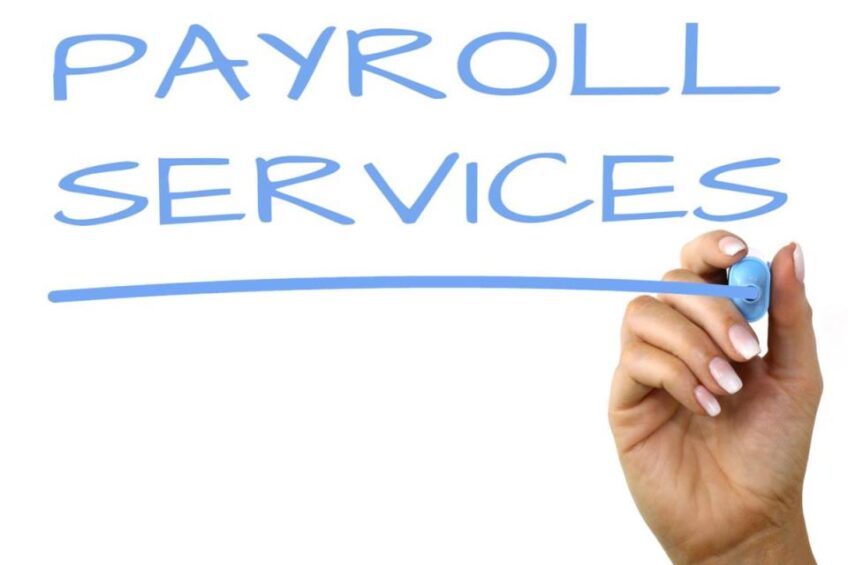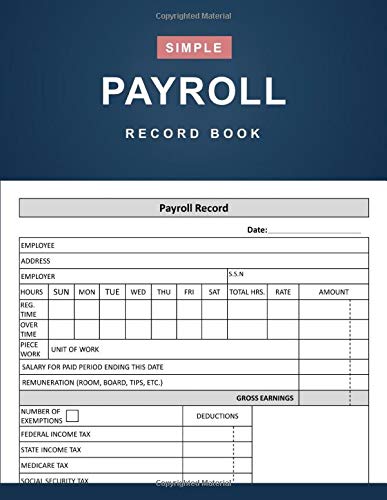Introduction
In the dynamic landscape of business management and human resources, payroll stands out as a critical process, vital for organizational efficiency. However, navigating ever-changing regulations and avoiding costly errors can be a formidable challenge. Recognizing this, a growing number of small to medium-sized enterprises (SMEs) are turning to managed payroll services as a strategic solution. In 2023, a significant 61% of British businesses embraced managed payroll services, driven by the compelling benefits of time and cost savings. In this article, we delve into a comprehensive cost-benefit analysis of managed payroll services, shedding light on how they can positively impact businesses.
Time Management: Unlocking Efficiency
Time is a precious resource for business owners, and managing payroll can be a time-consuming affair. The adoption of managed payroll services offers a strategic approach, allowing businesses to outsource these tasks to a team of professionals. Nearly a quarter of businesses surveyed stated that they opted for payroll outsourcing to boost efficiency. External expertise ensures swift task completion with reduced room for human error, streamlining the entire payroll process. This, in turn, lightens the workload for administrators, leading to a significant uptick in overall productivity.
Resource Management: Strategic Allocation
In-house payroll management comes with a range of costs, including salaries, benefits, training, and software expenses. Managed payroll services provide predictability, enabling businesses to allocate budgetary resources strategically. The appeal of outsourcing lies in consolidating these costs into a predictable, regular fee. Leveraging economies of scale, managed payroll providers spread the costs of technology, compliance expertise, and security measures across multiple clients, making sophisticated payroll solutions accessible even to smaller businesses without undue financial strain.
Risk Mitigation: Safeguarding Finances and Reputation
Payroll errors can result in penalties, disgruntled employees, and reputational damage. Managed payroll services act as a robust financial safety net, employing dedicated safety systems and advanced technologies to catch errors before they escalate. Their expertise in tax regulations and compliance significantly reduces the risk of mistakes, protecting both the business’s bottom line and its reputation. Addressing payroll issues is crucial as 35% of employees consider looking for another job after just one payroll error, while 55% find work more demanding, emphasizing the importance of correct and timely payments in retaining talent.
A Cost-Benefit Analysis: Illustrating Financial Disparities
To illustrate the financial disparities between in-house and outsourced payroll management, consider an SME with 50 employees. The in-house option involves calculating and paying ever-changing costs such as personnel salaries, training expenses, software licenses, and potential penalties due to errors. Conversely, outsourcing offers a predictable monthly fee covering all payroll-related tasks. When these costs are compared over a year, the financial benefits of outsourcing become evident, justifying the investment and reducing the potential for penalties through diligent compliance management.
Conclusion: Making a Strategic Choice
In conclusion, the decision between in-house and managed payroll service goes beyond financial considerations; it is a strategic choice. The benefits of managed payroll services in terms of time management, resource allocation, and risk mitigation underscore their value proposition for businesses. If you are considering transforming your organization’s payroll processes, exploring payroll service Australia can be a strategic move. Flexible managed payroll services cater to the holistic needs of your business, offering end-of-month support, data inputting, and fully managed services. For more information, contact payrollserviceaustralia.com. award-winning team today.

